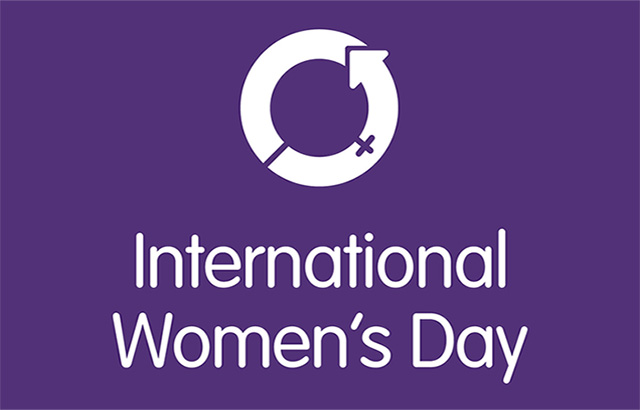It’s becoming increasingly apparent that for firms to succeed they need to have female representation and input from the top down, writes Rebecca Mattingley, wealth planner at Kingswood Group.
It may seem obvious to some, but for every client, no matter their gender, age, race, religion – you need to have a financial adviser who the client feels understands and relates to them.
Woman are set to control 60% of wealth in the UK by 2025, according to the Centre for Economics and Business Research, so there is a heightened pressure on the wealth and advice industry to employ a substantial number of female advisers and paraplanners as well as women in compliance-based roles.
This, in turn, will provide support and advice to women in the UK, as well as making sure they’re looked after every step of the way.
So, what can the industry to do attract more women?
Supply and demand
Organisations cannot wait any longer to fix the issue of supply and demand. Fewer women tend to apply for senior roles within the financial industry due to preconceived stereotypes.
According to a report produced by Deloitte in June 2022, women within financial services institutions globally held 21% of board seats, 19% of c-suite roles, and 5% of chief executive positions in 2021.
Big changes need to be made to bridge that gap and create the shift from a male dominated industry to one where women feel they can thrive.
As women continue to both inherit and create increasing amounts of wealth, there is an ever-important drive for a new era of advisers to dominate, which will be more representative of the client demographic.
Educating younger women
To encourage more women to consider a career in financial services, teaching them money management skills from a young age is key.
Over the last few years, there has been a notable shift, with a greater number of organisations working with educational establishments to provide industry work experience and helping with projects such as CV writing and teaching the basics of credit scores, how to set up a savings accounts and how to manage bills.
These bite-size pieces of knowledge will really be a game changer for how young professionals engage with their finances in the future.
The next stage of this is to ensure that structured training, support, and encouragement is provided to those who come into the industry at entry level positions.
Deploying flexibility and adaptability, all whilst ensuring mental wellbeing is at the forefront.
Specifically, when having children or even being of a childbearing age, it is assumed that women will have to do the lion’s share of the child-based commitments such as school drop offs and pick ups, staying home if the child is unwell or taking any calls from the school.
As a woman, you could experience pre-conceived stereotypes that your career is of lesser importance or that you don’t take it as seriously after having children. However, in a modern society, this is not the case. Childcare does now tend to be shared by both parents and businesses in this sector need to be onboard with this and advocate for job flexibility for parents to ensure that they can focus on work fully without having to feel they are being stretched in all directions.
With this kind of benefit in place, businesses will see a rise in females in the wealth management arena.
A woman’s touch
We all know that successful females have a huge impact on colleagues joining the business. When I first joined financial services, I had several mentors who really shaped my career.
This is something so simple, yet so effective that businesses can do to ensure that new female joiners feel supported on their financial services journey.
Where many businesses can sometimes go wrong is when the support stops.
It’s key that women are given a shoulder to lean on throughout their entire journey, not just when they’re new to the business.
Sharing ideas, brainstorming projects, and keeping personal development at the forefront of these conversations is imperative.
Support
Providing educational tools for women when starting out is a key benefit that organisations can deploy when onboarding females to the advice industry.
Whether it’s giving females the opportunity to ‘wear the hats’ from each department and get a feel for each step of the advice journey or providing an educational platform for colleagues to complete exams which will further their development and career – this is a super important and crucial step.
Many women are programmed to believe that their voice isn’t as important as men’s. This is just not the case. When provided with the right tools to flourish, women can absolutely succeed.
This March, as we celebrate International Women’s Day, businesses need to recognise the key steps that they can take to encourage a more gender inclusive professional environment.
There is still a way to go to create a female centric environment where all women — including those who decide to be mothers — can thrive.
Remember ladies, be kind to yourself.
This article was written for International Adviser by Rebecca Mattingley, wealth planner at Kingswood Group.








